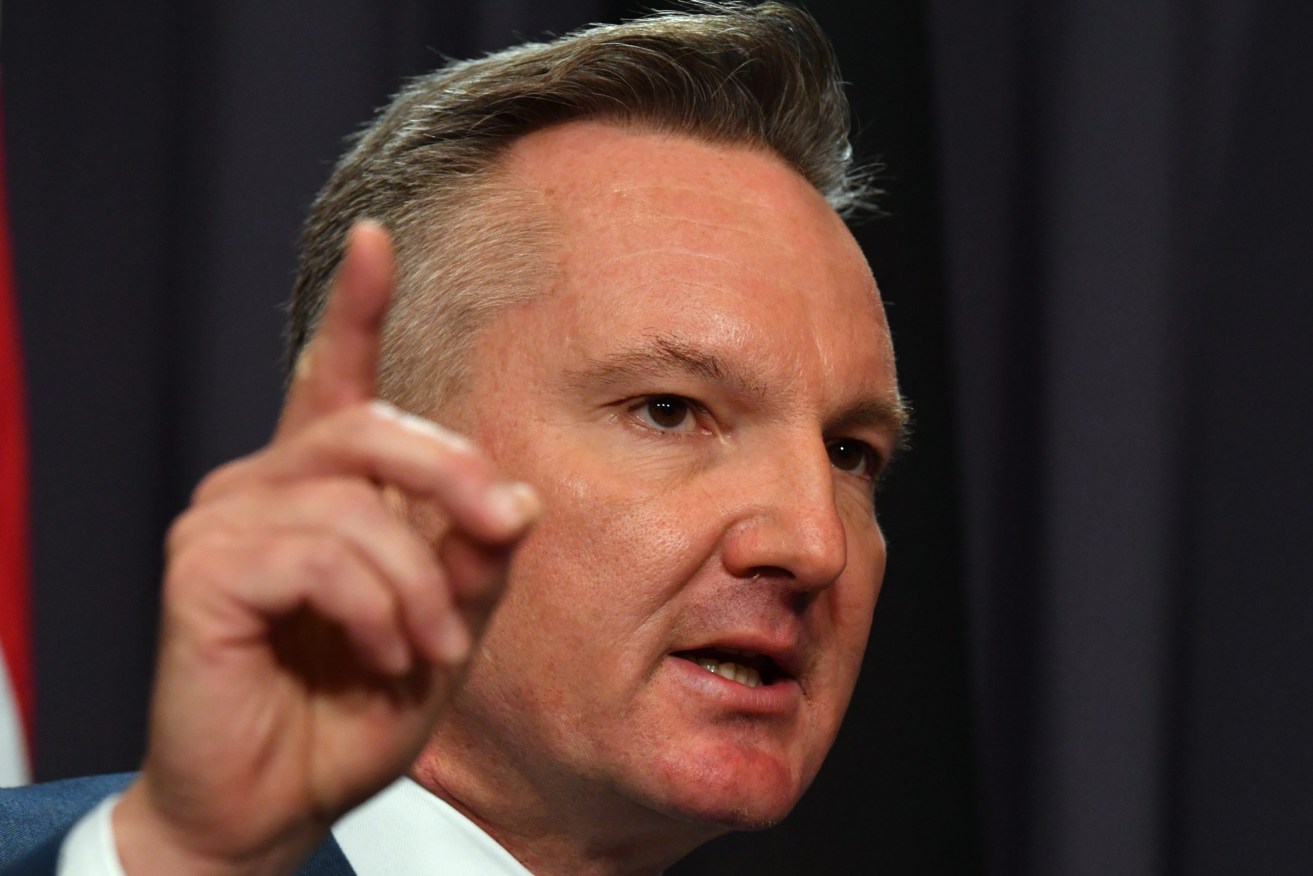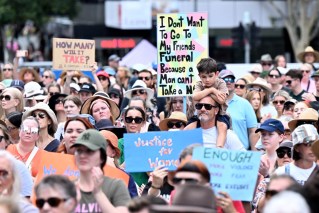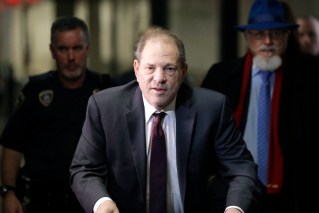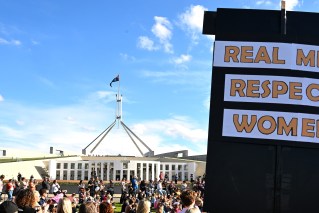Greens, Labor claim climate victory amid fears of closures and price rises
The Albanese Government’s climate change legislation known as the Safeguard Mechanism will get crucial backing from the Greens after key amendments were accepted, but a bid to ban new coal and gas projects was rejected.


Minister for Climate Change and Energy Chris Bowen. (AAP Image/Mick Tsikas)
The Greens leader Adam Bandt said the changes stop about half of 116 coal and gas projects in the pipeline from proceeding and the mining industry has warned that “unless we are not careful, some facilities in Australia will close”.
The Greens’ will support the legislation through Parliament, but the government will still need support from independents like Senator David Pocock.
The Government’s policy will impact 215 of the nation’s biggest CO2 emitters, 64 of which are in Queensland. They will be forced to reduce their climate change emissions by 5 per cent a year leading to a reduction of 43 per cent of the national emissions by 2030.
The projects affected include coal mines and gas projects.
Climate change Minister Chris Bowen said the landmark reforms would reduce 205 million tonnes of greenhouse gas emissions to 2030 – equivalent to taking two-thirds of the nation’s cars off the road over the same period.
He rejected claims they would force up the cost of energy.
“These are overdue, sensible reforms which ensure Australia’s largest emitters are competitive in a decarbonising global economy and make a fair contribution towards the nation’s emissions reductions task,” Bowen said.
Greens leader Adam Bandt said the amendments pushed by his party included a “hard cap” or ceiling on actual or absolute emissions, which won’t be able to exceed current pollution levels.
“Coal and gas have taken a huge hit. The Greens have stopped many of the 116 new coal and gas projects in the pipeline from going ahead, pollution will actually go down, and we’ve derailed the Beetaloo and Barossa gas fields,” he said.
However, it is understood that the 116 cited by the Greens were possible and probable projects and not yet committed, although industry players won’t rule out some closures.
“Pollution will actually now go down, not up, and the coal and gas corporations can’t buy their way out of it with offsets. This puts a limit on coal and gas expansion in Australia,” Bandt said.
“A pollution trigger in the Safeguard Mechanism Bill will require the Climate Change Minister to test a new or expanded project’s impact on the hard cap and net carbon budgets
“All new gas fields for LNG export will need to be net zero CO2 from day one.
“The agreement will significantly improve the integrity of (carbon offsets) with a freeze on the most dubious offset class (Human Induced Regeneration) until they are subject to an independent audit.”
But the Minister said Labor had always wanted aggregate pollution, absolute pollution, to come down.
“That’s why we’re creating safeguard mechanism credits to incentivise that. It’s appropriate that that be represented in the Act, and if for whatever reason that cap is being approached, the obligation on me is then to publicly consult, to amend the rules if I regard that … as the best approach or to take other policy actions.
“I will act according to the advice and the best policy available to the government at the time and I’m sure future ministers of the day would.”
The Minerals Council said the challenges to meet the Safeguard Mechanism should not be underestimated.
MCA chief executive Tania Constable said the Greens’ demonisation of coal did not help the Australian economy
The Australian Pipelines and Gas Association questions remained over whether the new restrictions on gas supply will increase costs for households and businesses.
The gas industry said the changes to the Safeguard Mechanism ignored the central role of natural gas in meeting Australia’s climate goals.
It said the sector was committed to net zero by 2050 and to economy-wide policy to drive down emissions.
However, APPEA chief executive Samantha McCulloch said the deal announced today would ultimately make Australia’s climate change targets harder and more costly to meet.
“New gas supply investment needs policy and regulatory certainty but instead, the Labor-Greens deal creates additional barriers to investment, further diminishing the investment environment and adding to the growing list of regulatory challenges facing the sector.”
“The changes announced today strengthen the need for strong government direction on critical step change technologies such as carbon, capture and storage (CCS).
“If the government is serious about meeting net zero, it needs to lead on a national strategy for CCS development.”












